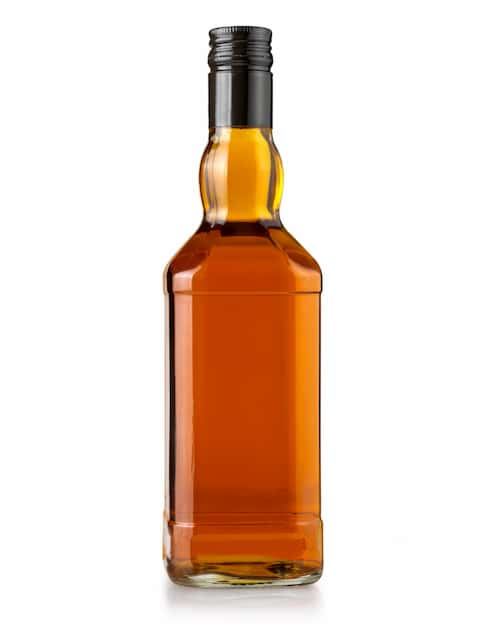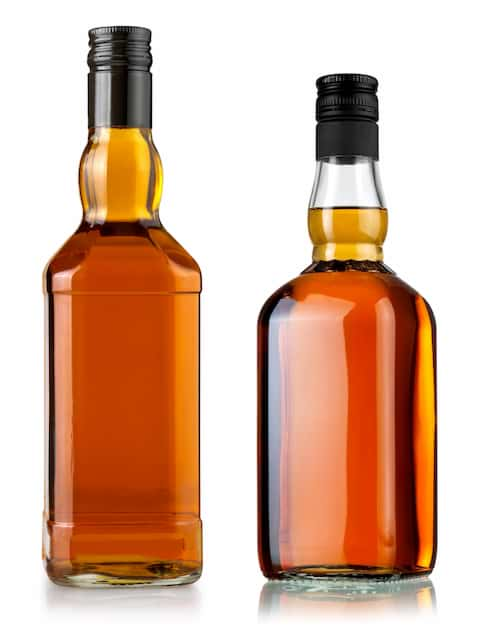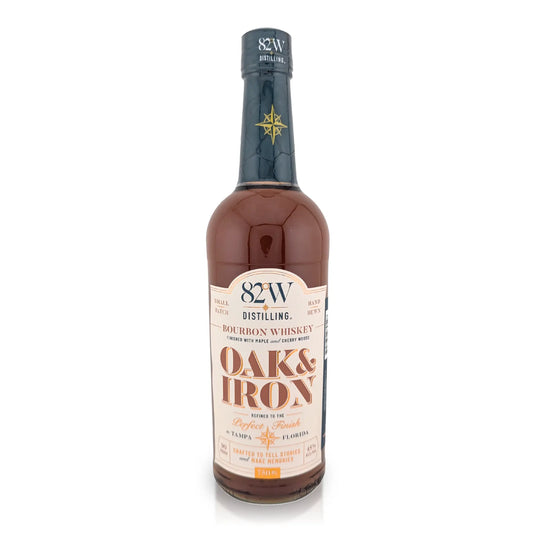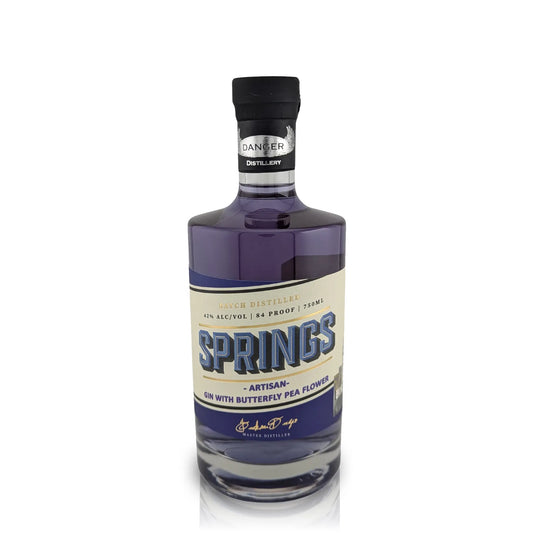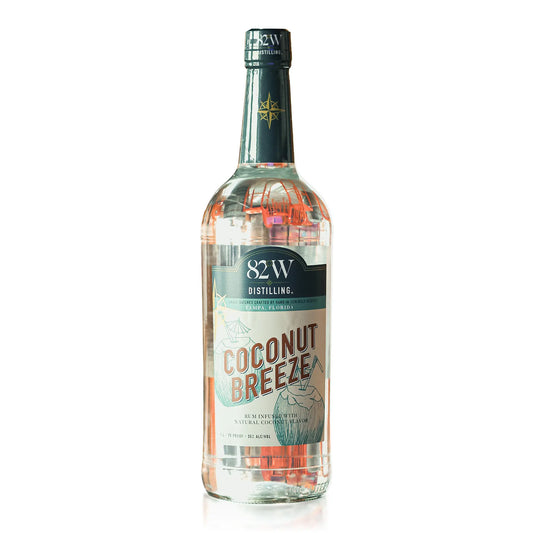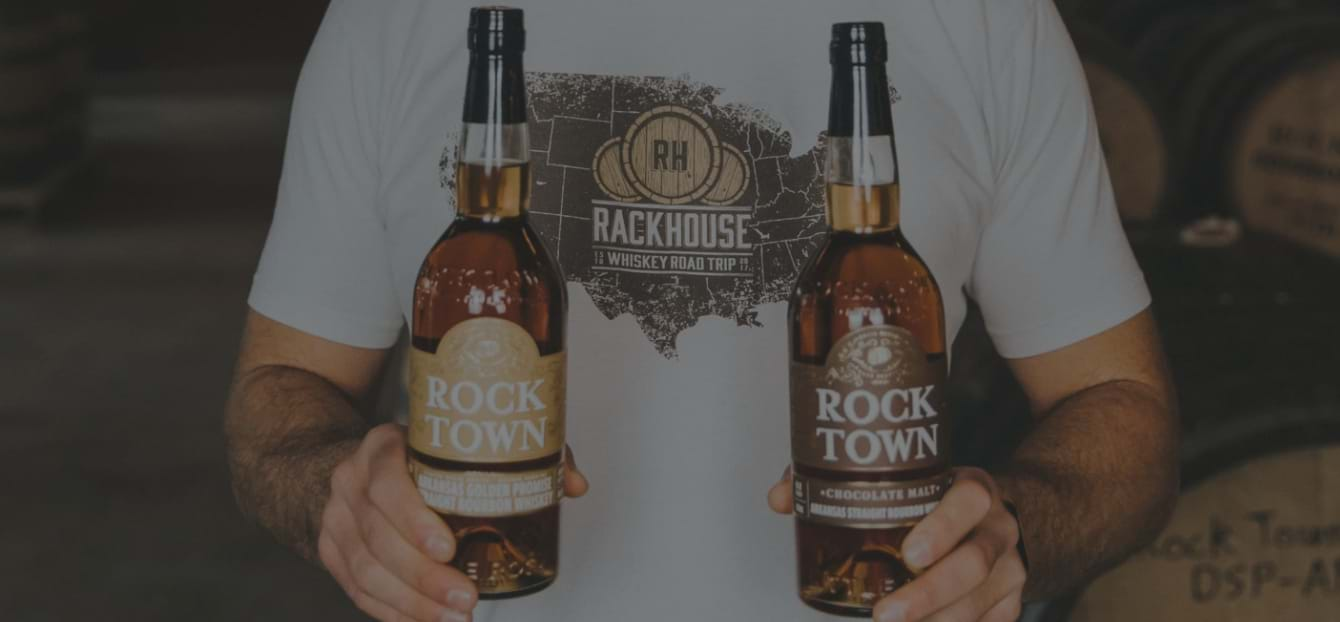
Long before Chris Stapleton was singing about it, Tennessee whiskey had been an iconic beverage in the volunteer state. Whiskey has long been associated with the state of Tennessee ever since settlers moved into the area and made it a state in 1796. It is a distinct style of whiskey that must adhere to strict requirements as it’s made. What else is unique about Tennessee whiskey? You’re about to find out. Here’s everything you need to know about Tennessee whiskey.
Tennessee Whiskey Basics
In order for a distiller to slap a “Tennessee Whiskey” label on a bottle, there are a number of regulations that need to be followed. For one, by law, Tennessee whiskey must be produced in the state of Tennessee. Second, it must be made from a mash bill that is at least 51 percent corn. Third, Tennessee whiskey must be charcoal-filtered prior to aging in a process called Lincoln County Process or “mellowing.”
As for the taste, it’s often described as a lighter version of Bourbon (more on that in a second). The charcoal-filtering process mellows out the flavor, making it less bold and harsh. You’ll still notice notes of toasted oak, caramel and vanilla, along with a hint of charcoal or burnt wood.
Fast facts on Tennessee whiskey:
- Ingredients: 51% corn, remainder other grains
- Proof: 80-140
- Color: Light brown to rich amber
- Region: Tennessee
- Taste: Charcoaled, toasted oak, caramel, vanilla
- Aged: No minimum aging, must be in new, charred oak
Difference between Tennessee whiskey and bourbon
What’s surprising to some is that bourbon and Tennessee whiskey are nearly identical. American-made? Check. Distilled under strict regulations? Check check. Kentucky is most famous for bourbon, but unlike Tennessee whiskey, bourbon can actually be produced anywhere within the United States. Both spirits have to be made with at least 51% corn in the mash bill and must be aged in new charred oak barrels. That’s where the similarities end. The main difference with Tennessee whiskey is that it has to go through a charcoal filtering process, which results in a smoother overall product – much less robust than traditional bourbon.
How is Tennessee whiskey made?
As previously mentioned, whiskey can be made in Tennessee but if it’s not 51 percent corn and use the Lincoln County Process for aging, it cannot be labeled as “Tennessee Whiskey.” Those are the two characteristics that differentiate Tennessee Whiskey from other types. And the way that it’s made is one of the most interesting components of Tennessee whiskey.
Once the mash bill is composed of at least 51 percent corn along with other types of grain (barley, rye and wheat), the whiskey gets distilled at a maximum of 80 percent alcohol. This is where things get cool. The timing of the Lincoln County Process is important. It must be done after the whiskey is distilled and before it gets put into a barrel for aging. Other whiskeys might use charcoal filtering but it’s usually done after aging. By doing it before aging, it’s a key to defining a true Tennessee whiskey. While the spirit is mellowing, the “new make spirit” or “white dog” is slowly dripped through charcoal derived from sugar maple trees. The result is a distilled spirit that is free of impurities and that contains a richness you won’t find in other types of whiskey. A taste that is smooth, light and bursting with flavor? Yes, please.
The final step involves barrel aging. For Tennessee whiskey (and bourbon), the spirit has to be aged in new, charred oak barrels. Similar to bourbon, there’s no minimum aging requirement but there can be rules for certain types of Tennessee whiskey. For a bottle labeled “straight” the minimum is two years and for one labeled “Bottled-In-Bond” it must be aged at least four years. All steps combined are what give Tennessee whiskey such a distinct flavor. There’s no mistaking the mellow, honeyed taste. Turns out Chris Stapleton knew what he was singing about when he crooned “you’re as smooth as Tennessee whiskey.” Smooth, indeed.


